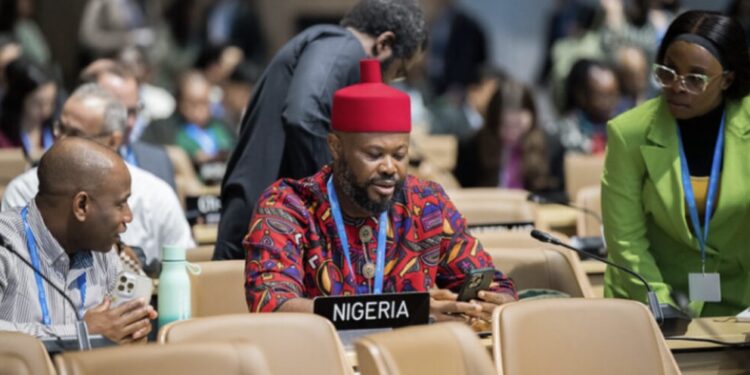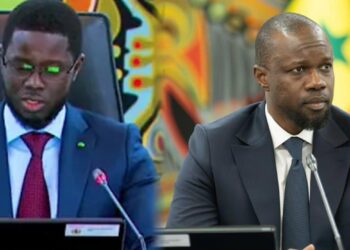By John Ikani
Nigeria’s presence at COP29 in Baku, Azerbaijan, stands out as the continent’s largest, even with a sharp cutback in the number of delegates compared to last year.
In 2023, the nation faced backlash over sending a contingent of 1,411 people to COP28 in Dubai, UAE. The large delegation sparked widespread criticism, with many accusing the government of a “misuse of public funds.”
Despite the federal government disputing the reported figure, President Bola Tinubu vowed to scale down expenses for future climate summits, emphasizing that “certain government officials had no reason to be at that gathering.”
Nevertheless, a new list released on Tuesday by the United Nations Framework Convention on Climate Change (UNFCC) shows Nigeria still among the top ten countries with the highest number of registered participants at COP29.
Initial attendance figures for the conference reveal that 66,778 people have signed up to be physically present, while around 3,975 opted to join virtually, totalling 70,753 participants.
This year’s numbers reflect a decline of 15,000 attendees (55.1%) compared to the all-time high seen at COP28 in Dubai. It’s also the first instance in seven years where a COP event has not exceeded the size of its predecessor, as highlighted by Carbon Brief.
The host nation, Azerbaijan, tops the list with 2,229 delegates, followed by Brazil and Turkey with 1,914 and 1,862 participants respectively, placing them in second and third positions.
According to an analysis by TheCable, Nigeria ranks ninth overall with a delegation of 634, holding the lead in Africa, with Uganda coming next at 412 participants.
The reasons behind the noticeable drop in attendance at COP29 are not entirely clear, but experts suggest that factors like inflation, economic challenges, and rising climate scepticism may be influencing lower participation from several countries.




































